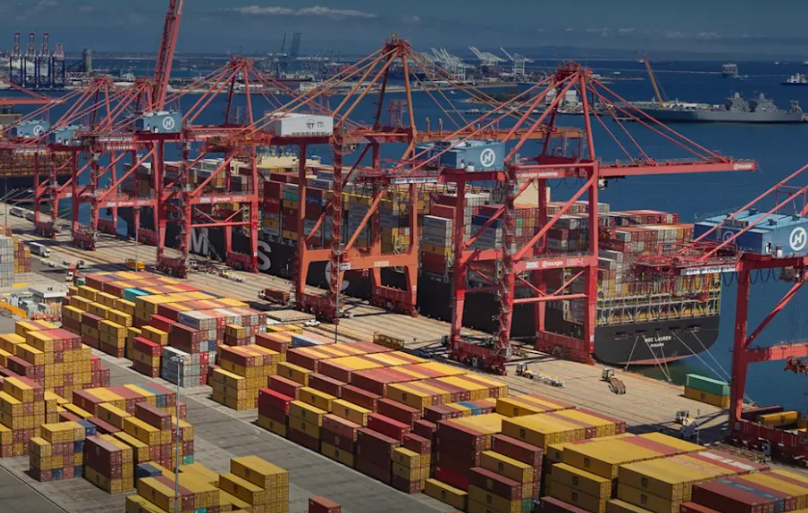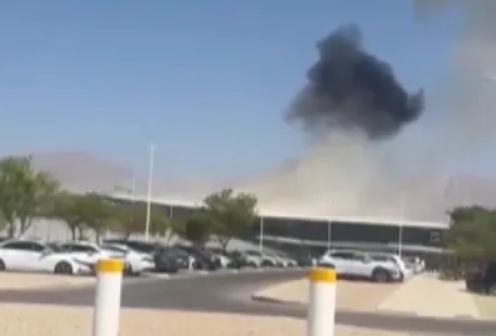Last week, the Federal Aviation Administration (FAA) issued fines to three companies for alleged violations of materials regulations when shipping lithium ion batteries on Federal Express and United Parcel Service cargo aircraft. In two incidents, the battery shipments caught fire.
Lithium ion batteries pose and electrical hazards during transport, especially when damaged, improperly packaged, or short-circuited.
The U.S. Department of Transportation, the International Air Transport (IATA), and the regulations of major carriers such as Federal Express and United Parcel Service all classify lithium batteries as Class 9 hazardous materials and strictly enforce packaging and labeling.
Mobile Sentrix fined $170,000
Mobile Sentrix, of Manassas, Virginia, was fined $170,00 by the FAA for four shipments of undeclared and improperly packaged lithium ion batteries for mobile phones to Federal Express last year. In one incident, a small fire also, with three of the batteries fusing together.
Mokwheel Bikes fined $74,250
Mokwheel Bikes, of Ontario,, was fined $74,250 for shipping a batch of undeclared dangerous goods (containing lithium ion batteries) to Shenzhen, China, via Unitedarcel Service in late 2023. The FAA said the company failed to provide proper hazardous materials training to its employees and also failed to provide emergency response information in the shipping.
According to the FAA news release, the shipment was discovered by UPS personnel at the Anchorage sortation center as it was in transit to China.
LG Energy fined $60,000
LG Energy Solution, of Seoul, South Korea, was fined $60,000 for failing to declare and label a containing five lithium ion batteries (shipped via Federal Express to Los Angeles). The FAA said the company shipped a batch of five lithium ion batteries from Seoul to Los Angeles on January4, 2024, that were undeclared, improperly packaged, and improperly labeled. The package was discovered by Federal Express personnel at the sortation in Irvine, California, while it was emitting heat, smoke, sparks, and flame. One or more of the lithium ion batteries was burned and melted.
The said the shipments from these companies were not properly classified, described, marked, labeled, or packaged to prevent the transmission of sparks or heat.
Lithium ion batteries be transported by air in accordance with established global safety standards, depending on their configuration and other specifications.
For years, the aviation industry has warned that as lithium ion batteries become popular and more shippers who lack knowledge or who are unscrupulous increasingly send shipments that may pose a threat to aircraft, there is a need to strengthen the enforcement of hazardous regulations.
The transport of lithium batteries must comply with established global safety standards that cover the manufacture, testing, packaging, marking, labeling, and documentation of batteries. The Air Transport Association has developed detailed guidance on the handling of batteries for shippers, freight forwarders, ground handlers, airlines, and passengers

Last
Trans-Pacific freight rates are polarizing! Small shippers get "ripped off", big shippers "succeed in undercutting"
With the advent of September, container freight rates on the benchmark Asia-West Coast North America trade route have started show

Next
Houthi forces attack several important ports and airports in Israel
On September 7th local time, the Yemeni Houthi armed spokesperson Yahya Sareya claimed to have launched a largescale drone attack
